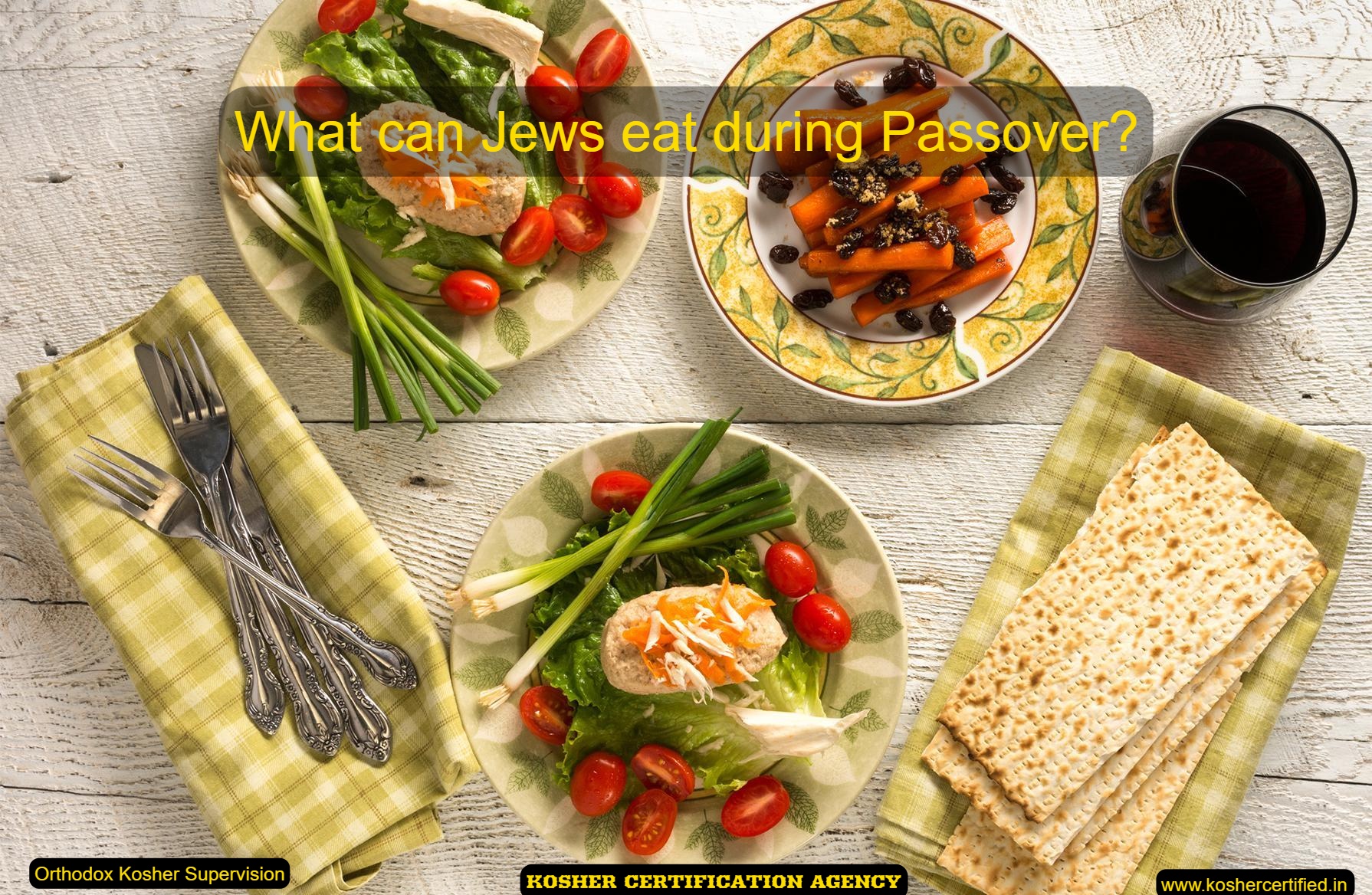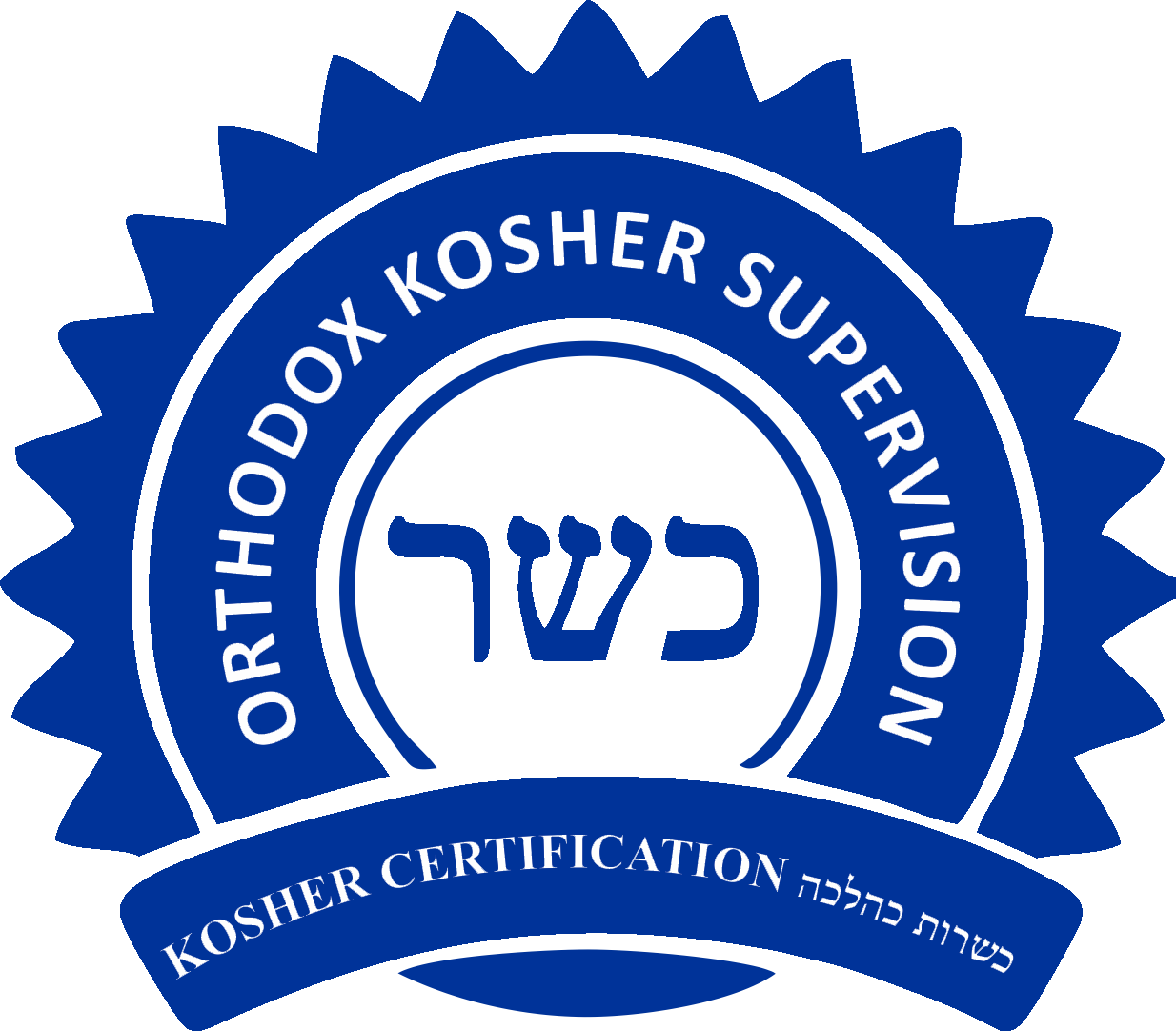What can Jews eat during Passover?

What is Passover and Why Does it Matter in the Jewish Faith?
Passover is a Jewish holiday that celebrates the liberation of the Israelites from slavery in Ancient Egypt. It is also known as Pesach. It starts with a week-long observance, starting with the first night at sundown on March 29 and ending on April 6. The Passover lasts for eight days, which starts on the evening of the 14th day of the Jewish month of Nissan. It is a Jewish holy day, a holiday that celebrates the Exodus of the Hebrews from slavery in ancient Egypt. The holiday commemorates the liberation of the Jews and the Red Sea crossing. The holiday is marked by the seder, a festive meal that includes matzo and maror, two types of unleavened bread. The Hebrews were not allowed to eat leavened items during their time in the desert because the unleavened cakes would have spoiled. The holiday ends with a festive meal, the last night of Passover.
What’s Forbidden During a Jewish Passover?
A meal is defined as a combination of one or more courses that are eaten together during a specific time period. A meal can be a snack or a full meal, but it is typically eaten at a specific time. During Passover, the Jewish people are restricted from eating any grain that can ferment and become leavened. This includes wheat, barley, rye, oats, spelt, rice and corn. These grains are not eaten during Passover because they can turn into leavened bread when combined with water and yeast or other leavening agents like malt, honey, or sugar. These leavened products, known as chametz, include certain grain-based foods like breads, pasta, pastries, breadcrumbs, crackers, etc. Unleavened bread, aka “matzo,” traditionally takes the place of chametz during Passover.
